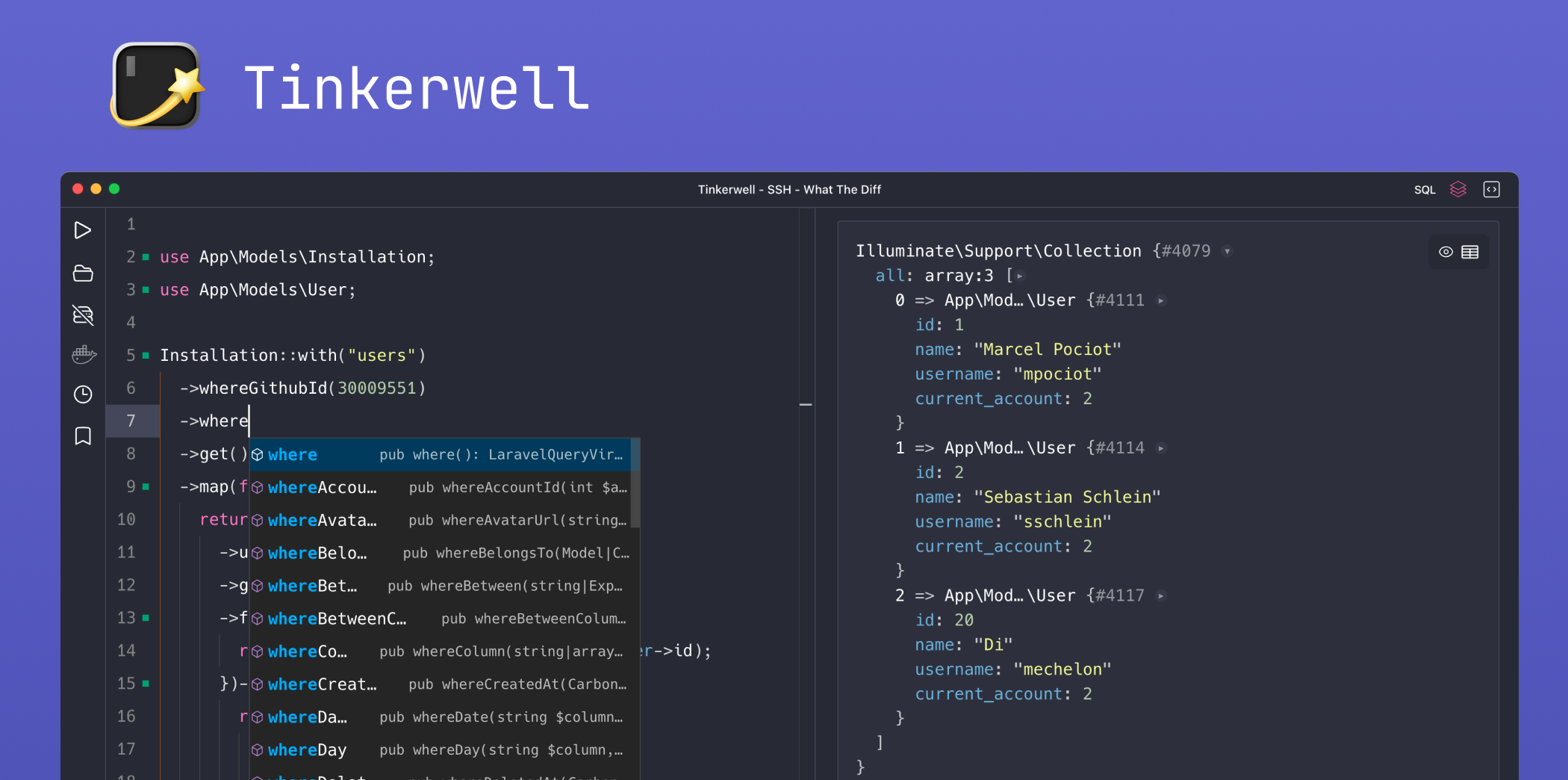Laravel 5.2 is released!
Published on by Eric L. Barnes
Never Miss a Laravel Release 🚀
Laravel 5.2 is now officially released and available to everyone. This release features multiple authentication driver support, implicit model binding, simplified Eloquent global scopes, opt-in authentication scaffolding, middleware groups, rate limiting middleware, array validation improvements, and more.
Let’s take a deeper look at some of these new features:
Auth Scaffolding
Making a come back is the auth scaffolding which will automatically create a base set of view files for authentication, registration, and password resets. This can be ran via:
php artisan make:authImplicit model binding
Implicit model binding is a new feature that automatically binds a model to a route. Here is an example in code:
Route::get('/api/posts/{post}', function(Post $post) { return $post;});What this does is behind the scenes call Post::findOrFail($post) and injects it into the $post variable. For the seasoned Laravel developers, this is similar to the existing route model binding but now removes the step of having to bind it manually.
Appending output from scheduled tasks
The Laravel Scheduler will now be able to append output from the task to a file.
$schedule->command('emails:send') ->hourly() ->appendOutputTo($filePath);Previously, Laravel included a sendOutputTo option which would write the current results but not append.
Laravel 5.2 Form Array Validation
Pretend you have a form with an array of input fields like this:
<p><input type="text" name="person[1][id]"><input type="text" name="person[1][name]"></p><p><input type="text" name="person[2][id]"><input type="text" name="person[2][name]"></p>In Laravel 5.1 to add validation rules it required looping through and adding the rules individually. Instead of having to do all that it’s been “Laravelized” into this:
$v = Validator::make($request->all(), [ 'person.*.id' => 'exists:users.id', 'person.*.name' => 'required:string',]);Collections Wildcards
When using a collection and wanting to pull out data, you can now pass a * as a wildcard:
$posts->pluck('posts.*.title');This will return all title’s for all posts.
Database Session Driver
The database session driver now includes user_id and ip_address so you can easily clear all sessions for a given user.
Middleware Groups
Middleware groups allow you to group several route middleware under a single, convenient key, allowing you to assign several middleware to a route at once. For example, this can be useful when building a web UI and an API within the same application. You may group the session and CSRF routes into a web group, and perhaps the rate limiter in the api group.
Rate Limiting
A new rate limiter middleware is now included with the framework, allowing you to easily limit the number of requests that a given IP address can make to a route over a specified number of minutes. For example, to limit a route to 60 requests every minute from a single IP address, you may do the following:
Route::get('/api/users', ['middleware' => 'throttle:60,1', function () { //}]);Eloquent Global Scope
n previous versions of Laravel, global Eloquent scopes were complicated and error-prone to implement; however, in Laravel 5.2, global query scopes only require you to implement a single, simple method: apply.
For more information on writing global scopes, check out the full Eloquent documentation.














